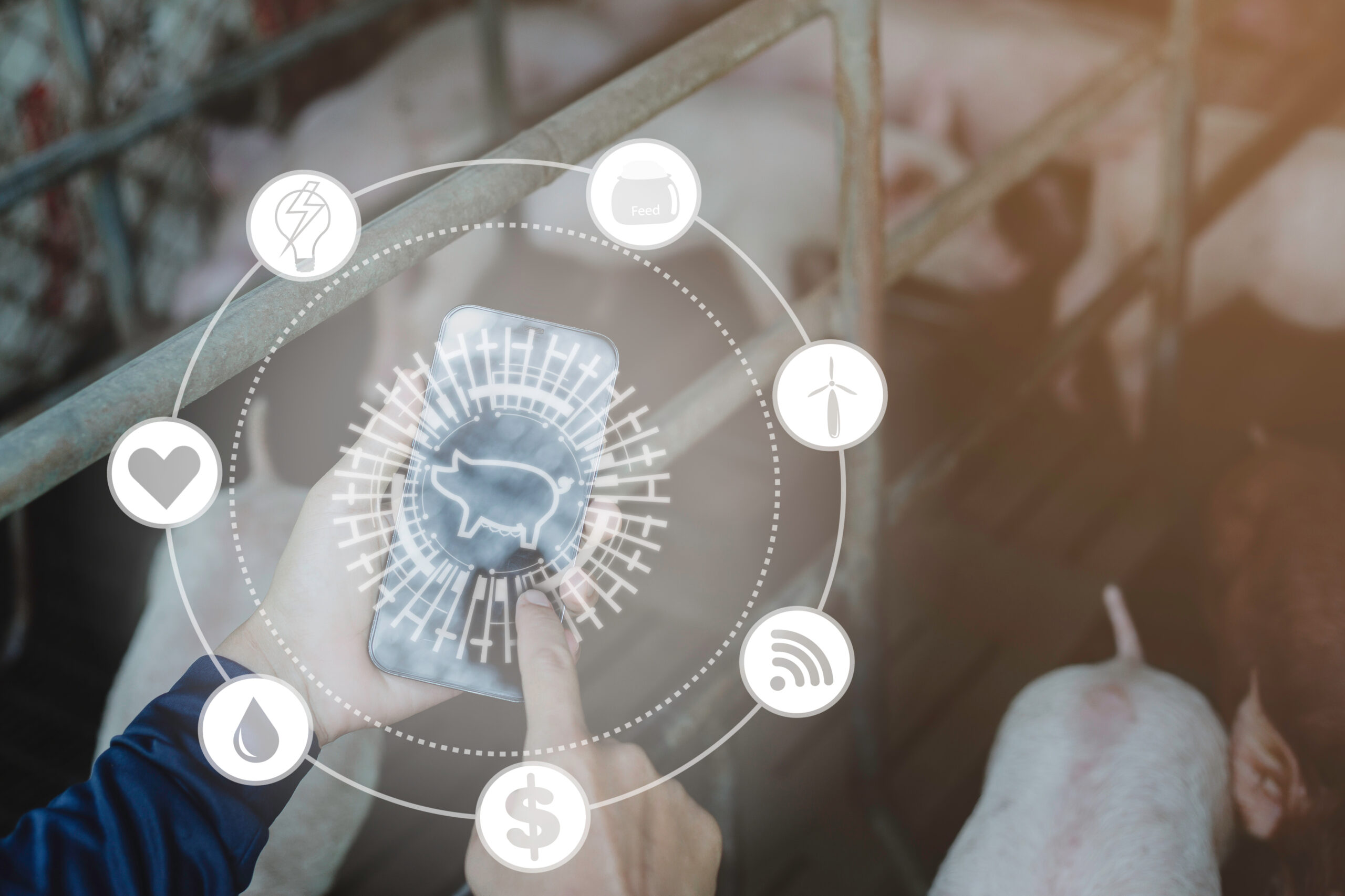14 May 2025

Iconic Australian soap opera Neighbours will end its 37-year run on our screens this June, and one economist is warning its cancellation could end up hurting the Australian economy.
Iconic Australian soap opera Neighbours will end its 37-year run on our screens this June, and one economist is warning its cancellation could end up hurting the Australian economy.
The show first aired in 1985, and since then has launched the careers of countless Australian celebrities, including Kylie Minogue, Margot Robbie and Jason Donovan.
But the show has served a greater role in Australian society than just as a launch pad for celebrities – Deloitte Access Economics partner John O’Mahony told Sky News the show’s demise would have a knock-on effect within the economy.
“Shows like Neighbours provide jobs for people in the screen industry directly, whether that’s the actors themselves … the script writers, people behind the screens, the camera people, the set developers, etc,” he said.
“It also provides a lot of flow-on jobs to people in other industries as well, like equipment hiring, catering and all those sorts of things.”
Although Mr O’Mahony could not quantify Neighbours’ individual contribution to GDP, research undertaken by Deloitte Access Economics suggested free-to-air television adds $2 billion to Australia’s GDP each year and employs 16,000 people.
This does not include the additional tourist dollar that television shows can help to generate for the country, Mr O’Mahony added.
The idea that one TV show can contribute so much to an economy isn’t that far-fetched, either – US sitcom Seinfeld successfully created a number of ‘mini-economies’ based on the off-beat antics of its characters.
The show was one of the most successful programs of the 1990s, with 76.3 million viewers tuning in for its ’99 finale – making it one of the most-watched finales in history.
Since entering syndication, the show has generated more than US$3 billion for its cast and crew and drastically increased the value of some brands featured in the program.
Drink company Snapple, for instance, was purchased by Quaker Oats for US$1.7 billion in 1993 after appearing in Seinfeld; by 1997, it changed hands again for only US$300 million.
It is not just TV tipping the economic needle either, with several bands notably tipping sizeable sums into the economies of their hometowns, and in some cases, entire countries.
A 2016 study undertaken by the City of Liverpool in the UK found their famous sons, The Beatles, still contribute about £89 million to the city’s economy each year through tourism related to the band.
The influx of Beatles-mad tourists provides 2300 Liverpuddlians with a hard day’s night work, the report found.
It is an impressive feat for a band that broke up in 1970, but it pales in comparison with pop group BTS, who generate about US$5 billion for their native South Korea each year.
That’s roughly half a percent of the country’s entire GDP, and such a big contribution that the local government began trying to measure the boy-band’s impact on the economy, through both direct means like ticket and album sales, and through the ripples the group’s popularity is having in tourism, television and movies, and even education.
Sources
- Sky News, More than 30,000 people demand soap opera Neighbours stay on air amid fears its axing could cost the Australian economy
- The Guardian, Beloved Australian soap Neighbours to come to an end after 37 years on air
- Britannica, Seinfeld
- Insider, The 23 most-watched TV show finales of all time, ranked
- Vulture, Breaking Down the Multi-Billion-Dollar Seinfeld Economy
- NPR, How BTS Is Adding An Estimated $5 Billion To The South Korean Economy A Year
- Independent, Beatles legacy brings more than £89m to Liverpool’s economy each year


